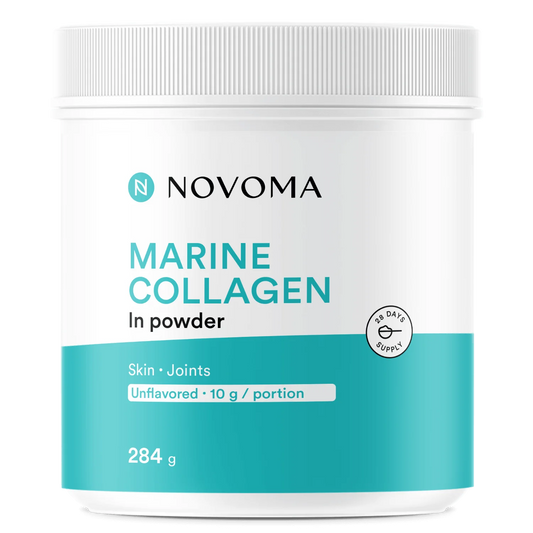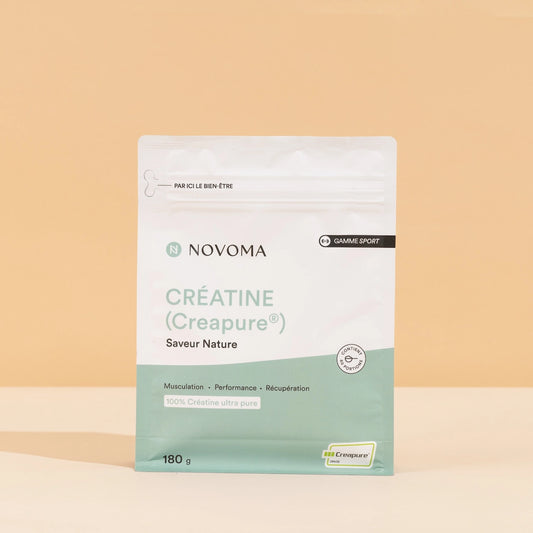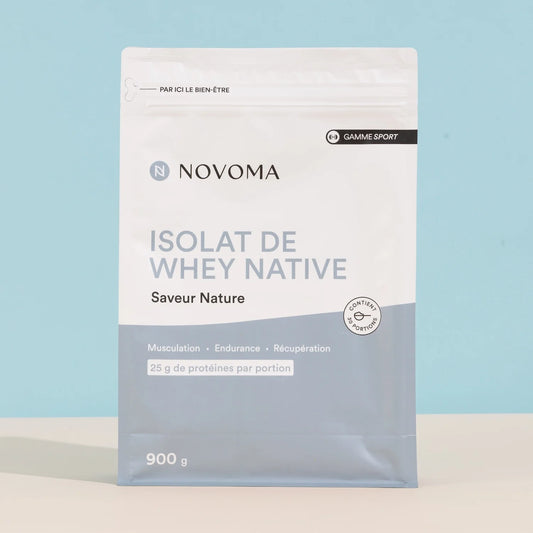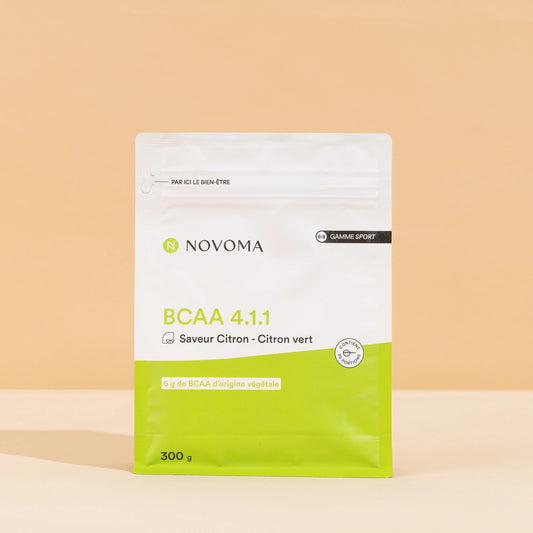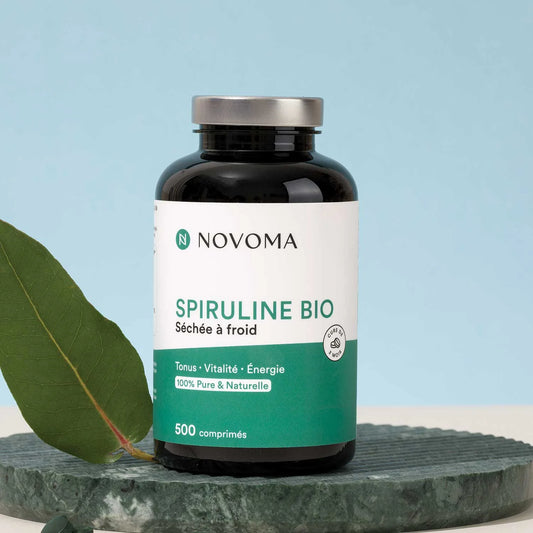
Preparing for a 10 km: the essentials for a successful race
Summary
Preparing for a 10K run is no walk in the park. It's a process that requires discipline and a certain mental strength.
So this guide is designed to help you navigate every step of your training and overcome every challenge!
Set an ideal goal to prepare for a 10 km
Why is this crucial for successfully completing your 10 km?
Running is, above all, a wonderful personal adventure. Before focusing on times and records, take the time to define a goal that truly motivates you and excites you!
Indeed, preparing for a 10 km does not have the same flavor for a novice as for an experienced runner, and this is why it is essential to set a goal adapted to your level.
Fellow beginners, is this your first race?
There's no need to put more pressure on yourself than you already have. The important thing is to fully experience the experience and discover the unique sensations of this epic journey.
Proper training, the right equipment, and all you have to do is let yourself be carried away by the atmosphere of the crazy crowd!
After all, having fun is already a great achievement, right? 😉
⏩ Put all the chances on your side to prepare for a 10 km by starting running on a solid foundation.
For avid runners who complete 10 km runs with disconcerting ease, the challenge is quite different. After the initial thrill of the first run, the goal can already be to achieve a more precise time. See this umpteenth race as an opportunity to push yourself and beat your record.

How to set a suitable goal?
The 2,000m test remains a good way to assess your abilities, but it's still an estimate. The principle is quite simple: after a good warm-up, grab a stopwatch and give it your all over the distance. Then, all you have to do is perform a quick calculation to get your race time :
👉 If you are just starting out, multiply this result by 7 to get a more lenient forecast.
👉 Already have a few kilometers on the odometer? A coefficient between 5.5 and 6.5 would be more appropriate.
A good goal should always remain balanced : ambitious enough to motivate you, but reasonable enough to avoid injury and frustration!
We recommend you
BCAA 4.1.1
Our BCAA powder formula combines three essential amino acids.
- ✅ Optimal ratio 4.1.1 in BCAA
- ✅ Pleasant lemon-lime taste
- ✅ Compliant with anti-doping standards
- ✅ Made in France 🇫🇷
Creating the Ultimate Progressive Training Program
With that goal in mind, it's time to focus on the most important part of this article, which concerns all runners , both beginners and seasoned. Yes, we see you, long-distance runners!
You probably think you have THE ultimate training program . But are you sure? Keep your mind open - who knows, you might just find some gems in these lines to revolutionize your running. 🤫
What is the ideal duration to prepare for a 10 km?
The answer will once again surprise more than one person: it all depends on your level!
Of course, let's not exaggerate: if you're aiming to go from couch to 10 km in three weeks, sorry to break it to you, but... that's far from a winning strategy. 😅
It's estimated that the preparation time will be around 6 to 8 weeks . If you can start earlier, that's even better. This will give you more time to adjust and avoid last-minute stress. For complete beginners, plan a progressive training program of around 12 weeks .
This duration may seem quite long for some of you, but the idea is to take the time to acquire the basics, to refine your methodology, but also to give your body the rest it needs for optimal efficiency on the big day!
The key word: regularity
Diligence is the key to all success. Behind this trendy phrase lies an undeniable truth. The more consistent you are in your practice, the more effectively you will progress.
The ideal, especially if you are not very trained, is to do an average of 2 sessions per week . The idea is to adjust according to your goals and especially your desires. The more sessions you do, the faster you will be able to see the results of your hard work. The most important thing is to enjoy your preparation as much as you do on the day of your 10 km.
Start small, slowly, over short distances and gradually progress.
The golden rule: increase by 10 to 20% maximum per week to limit the risk of injury.
For example: if you already run 20 km per week, aim for 22 to 24 km the following week. |

The pillars of effective training: endurance and interval training
Ready to get down to business? We'll explain the little secrets that make great champions, in a simple way. 🥇
Basic Endurance: A Solid Foundation
No endurance , no performance.
In short, this is the essence of all preparation. Imagine a slow jog, at a pace where you can hold a conversation without panting or choking.
For our beginner friends, the goal is simple: hold for 1 hour continuously.
The more skilled can use it as a foundation for more intensive workouts. 💪🏻
With this, you guarantee better effort management and a considerable reduction in the risk of injury .
Split and VMA: what are they?
The interval training session alternates between phases of very intense effort and periods of active recovery. It is a must-have for improving both cardio and running speed .
Example of a session:
Start with a 3-minute run at 80-90% of your maximum heart rate , followed by a 3-minute recovery.
Be careful, don't neglect the warm-up: 20-25 minutes to prevent possible problems!
The benefits?
The body gets used to mobilizing its energy quickly.
Muscle oxygenation and cardiorespiratory capacity are strengthened.
|
The cultural minute 🤓 VMA is a key indicator for planning interval training sessions. It's essential to work on it, whether you're a regular racer or not. Simply adapt the frequency and volume of exercise to your level!
|

And what about recovery in all this?
Enough talk about intense sessions and times to beat .
Do you know the secret to runners who improve? Recovery! Incredible but true, it's during these moments of rest that the magic really happens, and the body reaps the benefits of physical activity on overall well-being .
Active recovery
Rest can also mean "doing something other than running." Take time for yourself and mix it up: stretching, strengthening, yoga, swimming... These complementary disciplines will allow you to stay active while giving your legs a chance to breathe.
Even at rest, the body works!
Don't fall into the famous "yes, but if I stop, I risk losing everything" trap. It's false. The body is a very intelligent tool and continues to develop even when you do absolutely nothing. Take at least one full day a week without running or intense training. You'll soon notice that you're capable of the same feats.
The idea with recovery is to work in cycles. Every 3 to 4 weeks , reduce the intensity of your training rhythms. Far from being a 24/7 performance machine, your body needs to regenerate with gentler periods.
We recommend you
Marine Collagen Powder
Hydrolyzed Marine Collagen Powder Type I & III.
- ✅ Fine powder easy to dissolve
- ✅ Available in 3 flavors
- ✅ 1 month treatment
- ✅ Made in France 🇫🇷
Nutrition for the 10 km: eat well to perform on D-day
Preparing for a 10K race requires, above all, a healthy diet and a generally healthy lifestyle. We can't hope to achieve our goals without respecting the physiological needs our bodies demand. This approach also doesn't require an impeccable lifestyle (which is rarely sustainable), but rather finding a balance that works for you without pushing yourself to exhaustion, while improving your athletic abilities.
Before the 10 km: refuel
The previous evening's meal is just as important as the others, so it should not be neglected!
👉 Choose complex carbohydrates ( pasta, rice, quinoa ) to replenish glycogen reserves, an energy stored warmly in the muscles and liver, and used during the race.
A little tip: don't challenge yourself to eat meals that are too rich or too heavy, which could significantly impact your digestion and sleep.
👉 Hydration -wise, this is a long-term preparation. Make sure you always have a bottle of water handy, and hydrate regularly several days before the race.
D-Day: the eating routine to prioritize
It's the big day! It's quite common to have your stomach completely closed from stress and excitement, especially if it's a big first. Fasting is not recommended, however, so if you have the option:
👉 Eat a light, balanced breakfast at least two hours before your start to avoid any digestive discomfort. During long-term physical activity, such as a 10 km run, the digestive system pauses to release all its energy for the intense effort underway.
👉 A bowl of oatmeal and some fruit, a slice of whole-wheat bread with jam... Choose foods you're used to eating. This is no longer the time to experiment!
👉 As for hydration, a water bottle refill is planned halfway through the race. However, if the heat is stifling and/or you're sweating profusely, adjust your strategy to avoid being surprised and risking dehydration.
Post-Run Habit: Eating and Stretching Are the Priority
You did it, you pushed your limits. But let's face it, it didn't come without leaving a few feathers along the way!
👉 You absolutely must stretch and massage the muscles that were used during your run. It may not have any effect on muscle soreness , but it can only do you good.
👉 Once you've used up all your reserves, it's time to replenish them. Eat gradually for the rest of the day without shocking your digestive system, which has been severely disrupted, especially if it's the first race in a long line of achievements!
👉 Choose mineral-rich waters to replenish electrolytes lost during exercise.

Dietary supplements for preparing for a 10 km race: useful or superfluous?
Dietary supplements often divide the sports world. Which ones are the most suitable and where can you find them? We 'll shed some light by highlighting three essential supplements for runners.
First in line: creatine .
This supplement , naturally present in our muscles, boosts your explosiveness during interval training sessions. Think of it as an extra energy reservoir, particularly valuable during intense moments of your workout.
Whey isolate is your best recovery ally. This rapidly absorbed protein nourishes your muscles before they cry out for food. A small shot before or after exercise and your muscle fibers will thank you!
Collagen completes this dynamic trio .
A real shield for your joints and tendons , it takes care of these areas that are particularly stressed by running. Welcome protection when you increase the pace of your training.
However, it's essential to remain cautious with dietary supplements. A balanced diet should always be a priority, and consulting a healthcare professional is essential to ensure you're making the right choices. Preparing for a 10K is like a well-crafted recipe: progressive and effective training, a careful diet, and above all, sprinkle it all with a good dose of fun. The finish line is waiting for you!









